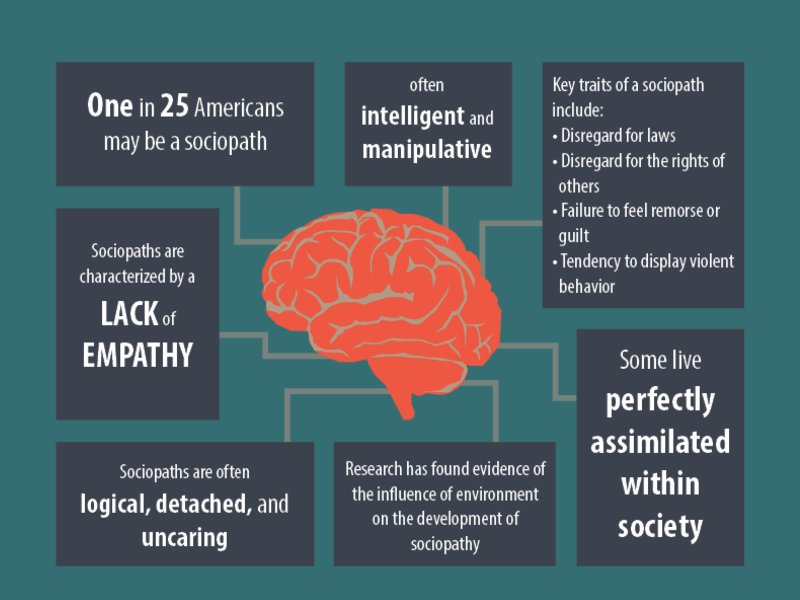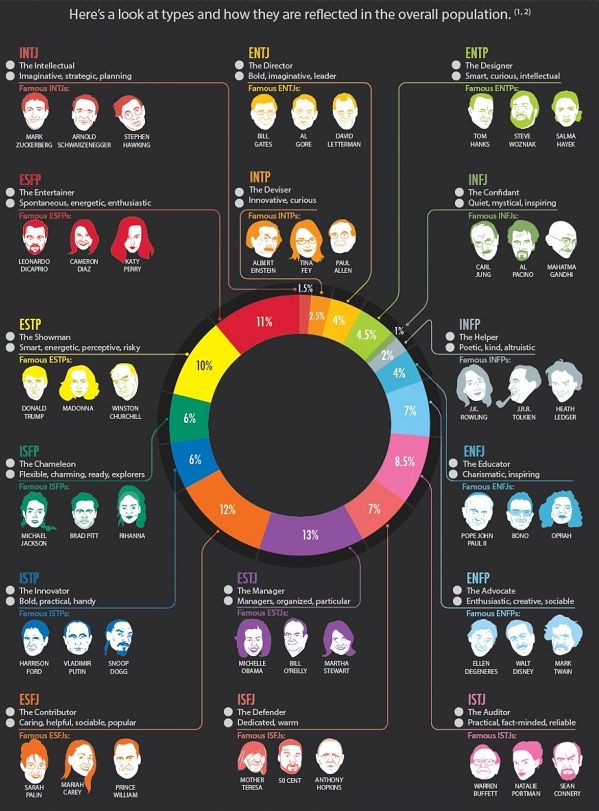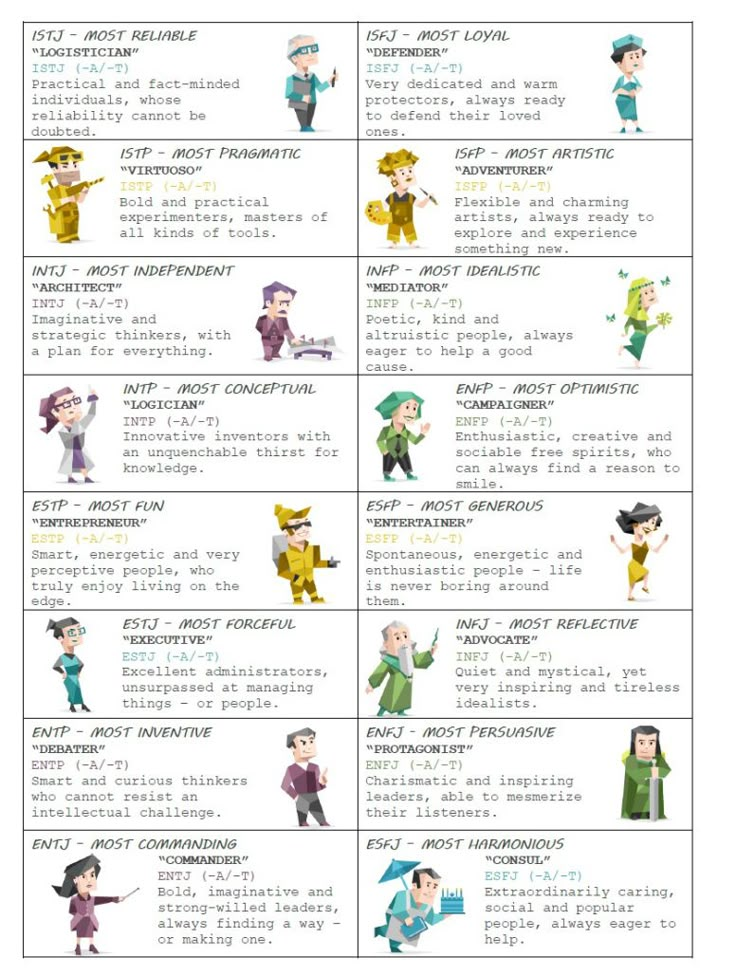What to do if your child is a sociopath
What to Do if Your Kid Is a Sociopath?
Source: Creative commons/unknown
I stopped playing with Cliff when I was 11 years old because he threw an axe at me.
The flying axe was no accident. When I barely managed to dodge the lethal projectile, a huge grin spread on his face as he reacted to my shock and fear.
At the time, I thought there was something wrong we me that compelled Cliff (not his real name) to hurt me. So I avoided him to avoid feeling inadequate.
Twenty years later, when I received training to counsel violent men in a criminal diversion program, I realized the problem was Cliff’s.
At 11, he was well on his way to becoming a full-blown sociopath.
Low impulse control, zero empathy, zero guilt and high risk taking. Cliff later turned to drugs, becoming a skillful liar to cover both his addiction and stealing to pay for his addiction. He was also intelligent, charming, charismatic and extremely manipulative. I lost track of Cliff, but always assumed he either died in jail or became a CEO somewhere (3-4% of senior managers are sociopaths)
About one out of a hundred children will become sociopaths like Cliff, which means, in the U. S. alone, there are almost 1 million children 18 or younger who have the disorder.
What do you do if your child might be one of them?
The traditional answer is, “not much.”
Sociopathy is widely considered to be incurable, although some clinicians believe that, in children at least, there’s hope. Spending lots of time with kids, giving them structure, and working with them to think ahead about consequences—especially rewards for good behavior—can sometimes help set children on a productive course in life.
But recent neuroscience suggests that there may be cause for more optimism, and point the way to strategies for dealing with nascent sociopathy in children.
First, there appear to be neurological correlates of sociopathy in both children and adults, that feature abnormally low gray matter (neuronal) volume in the frontal cortex and amygdala, structures associated with foresight, empathy, impulse control, fear and reward. By analogy, sociopathic brains have anatomically under-developed empathy and self control “brain muscles. ”
”
Second, like muscles, brain tissues can grow and increase performance with exercise: both literally and figuratively. Physical exercise by itself increases synapse growth and improves memory (in mice, at least), and mental exercise has been shown to actually grow brain tissue associated with the mental activity in question.
For instance, London taxi drivers, who must memorize and navigate complex spaces, have abnormally large hippocampi, which support spatial memory.
Thus, even in adults, who brains are less “plastic” (malleable) than children’s, brain tissue can grow given the right stimulation. And that growth supports increased functionality.
So what does this imply for treating sociopathy in children? It suggests that getting your kid to grow the right “brain muscles” could reduce the problem
- Develop an instant reward system for the behaviors you want to encourage. Kids with low impulse control don’t respond well to delayed rewards, and developing sociopaths—who feel little fear or remorse—are seldom deterred by punishments.
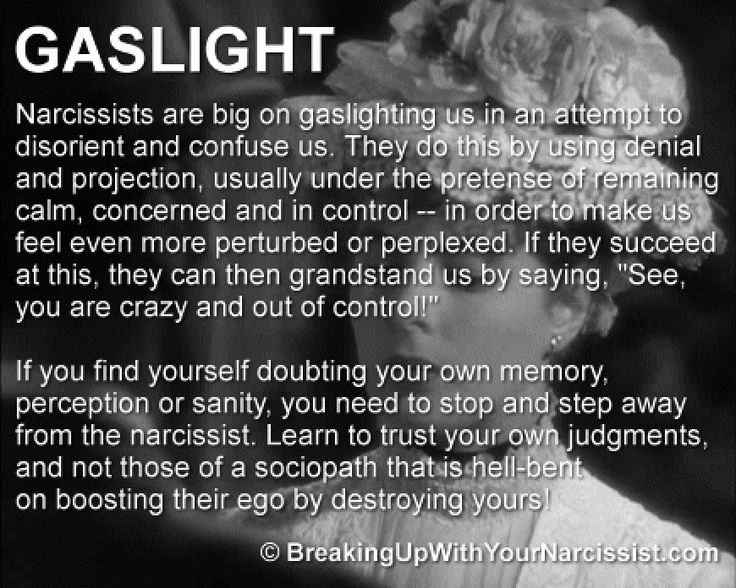 The rewards you chose will depend on what the child values most. TV time? Video Games? Texting friends?
The rewards you chose will depend on what the child values most. TV time? Video Games? Texting friends? - Use these incentives to encourage the child to exercise physically—preferably with you. Experimental data suggest that this will increase their brain’s capacity to grow and retain what it learns.
- Also use these incentives to get your child to perform the exercise described in “New findings spur debate: are some psychopaths curable?” This study suggests that some sociopaths, at least, are very aware of feelings of others, and simply chose to turn off awareness of those feelings. But sociopaths can also choose to turn them back on, given the right instructions and motivation. It’s possible that frequent “moral exercises” such as these could stimulate underdeveloped parts of the brain to grow.
I emphasize that these suggestions are based on theory, not clinical results, and may not work. Worse, the ideas could be counter productive if the child figures out a way to manipulate your efforts to achieve their selfish goals without actually getting better.
But, if you have child with sociopathic tendencies, your options are limited. Talk to your therapist about these suggestions.
Maybe, just maybe, they will help stop the child from lying, cheating, stealing, manipulating….or tossing an axe at a playmate.
http://www.ncbi.nlm.nih.gov/pubmed/17024677
http://www.pnas.org/content/107/5/2367
https://www.psychologytoday.com/blog/insight-is-2020/201402/the-sociopa…
http://www.ncbi.nlm.nih.gov/pmc/articles/PMC3163302/
http://bjp.rcpsych.org/content/182/1/5
http://www.biosciencetechnology.com/articles/2013/08/new-findings-spur-…
http://www.livescience.com/29261-psychopathic-traits-in-children.html
http://www.drru-research.org/data/resources/107/Viding-E.-Fontaine-N.M…
My Child Is a Sociopath! Is There Anything I Can Do?
Tanya J. Peterson
Do I have a child sociopath? For a parent, noticing a pattern that a child is a sociopath can be heartbreaking and utterly terrifying. Officially, there's no such thing as a child sociopath because a child or adolescent can't be diagnosed as a sociopath. He or she is too young and his personality hasn't matured sufficiently to be diagnosed with antisocial personality disorder, an adult personality disorder more commonly known as sociopathy. So while there are no sociopathic children, there can be sociopathic behavior in children.
Officially, there's no such thing as a child sociopath because a child or adolescent can't be diagnosed as a sociopath. He or she is too young and his personality hasn't matured sufficiently to be diagnosed with antisocial personality disorder, an adult personality disorder more commonly known as sociopathy. So while there are no sociopathic children, there can be sociopathic behavior in children.
Child Sociopath and Conduct Disorder
When children show sufficient and persistent sociopathic traits, characteristics and behaviors, they can be evaluated for conduct disorder (Symptoms of a Sociopath in Men, Women, Children). Conduct disorder can be a precursor to antisocial personality disorder in adulthood; indeed, all sociopathic adults had conduct disorder (whether or not it was officially diagnosed) as a child. It's noteworthy that not every child and teen who has conduct disorder will grow up to be a sociopath. Child sociopath characteristics often abate by adulthood.
The American Psychiatric Association (2013) discusses the clinical criteria for conduct disorder in its Diagnostic and Statistical Manual, Fifth Edition (DSM-5), the authority on mental disorders. Conduct disorder is described as "a repetitive and persistent pattern of behavior in which the basic rights of others or major age-appropriate societal norms or rules are violated..." The child or teen exhibits delinquent behavior, frequently severely so, in the following ways:
- Aggression to people and animals
- Destruction of property
- Deceitfulness or theft
- Serious violations of rules
Fire setting, cruelty to animals, and bedwetting (enuresis), together known as the MacDonald Triad, are behaviors that are connected to conduct disorder. Truancy, vandalism, violence, lying, cheating, running away, and early sexual behaviors are but some of the sociopathic behaviors committed by a child or adolescent with conduct disorder.
A Child "Sociopath" is Callous, Unemotional
The professional term frequently used to describe children who have conduct disorder (CD) is callous and unemotional (CU). Just as sociopathy is a group of traits and behaviors, so, too, is conduct disorder. Traits of a CD/CU child include:
Just as sociopathy is a group of traits and behaviors, so, too, is conduct disorder. Traits of a CD/CU child include:
- Disengaged, withdrawn from relationships with parents, family, peers, teachers, etc.
- Social isolation (a sociopathic child is a loner by choice)
- Limited affect/emotion other than impulsive anger
- Little or no attachment or bonding with anyone
- Unremorseful
- Intimidating
- Impervious to punishments, positive reinforcements, and negative reinforcements
Can Conduct Disorder Be Cured?
To date, there is no cure for conduct disorder. Because it involves traits and behaviors rather than illness, there is no medication to help. Professionals are working to develop effective treatments, but thus far there isn't a quick fix (Sociopath Treatment: Can A Sociopath Change?).
Researchers are discovering what definitely does not work for the child with sociopath characteristics. Behavioral approaches that target specific acts like bullying or stealing fall short because they minimize the big picture and they involve consequences, things that a CD/CU child cares nothing about. Sugar-coating or side-stepping the traits and total behavior of the child also doesn't work. Someone who does this attends to the elephant in the room while the child himself sneaks away undetected. The elephant grows ever closer while the child grows increasingly distant.
Behavioral approaches that target specific acts like bullying or stealing fall short because they minimize the big picture and they involve consequences, things that a CD/CU child cares nothing about. Sugar-coating or side-stepping the traits and total behavior of the child also doesn't work. Someone who does this attends to the elephant in the room while the child himself sneaks away undetected. The elephant grows ever closer while the child grows increasingly distant.
New treatment approaches are constantly being developed and tried. Nothing can cure conduct disorder, at least not yet. For now, though, some treatment approaches are at least marginally effective. Experts have discovered certain things.
- To have a chance at succeeding, an intervention must begin as soon as possible, ideally early in childhood (sociopathic behaviors in children sometimes begin at a very early age).
- Working with a child to develop prosocial behavior is more effective than working with him to stop antisocial behavior.
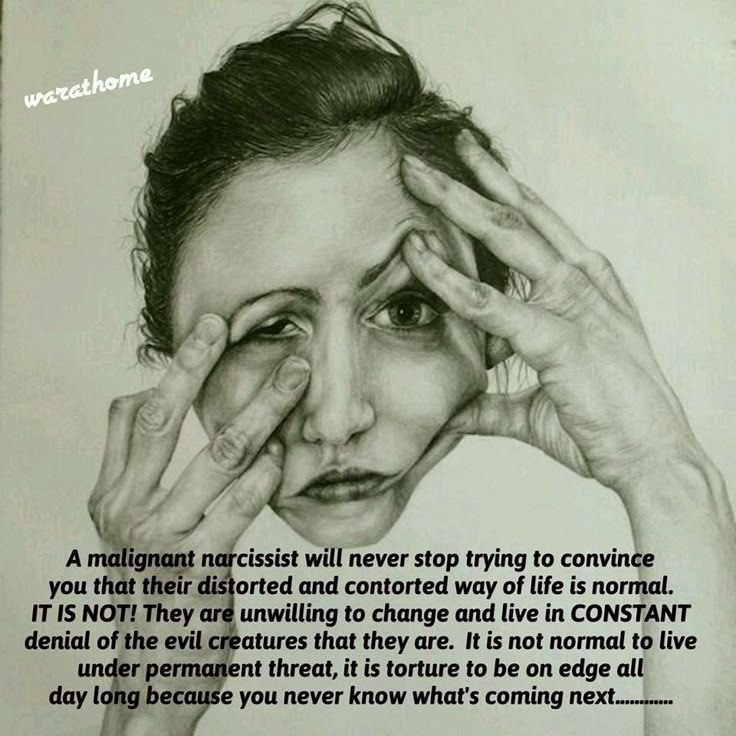
- It's not enough to work with only the CD/CU, sociopathic child; instead, the treatment must be multi-systemic and involve the family plus the social context in which problems occur.
Eighty percent of children with conduct disorder outgrow it by adulthood and never become sociopaths. Therefore, it's important for parents to not give up on the child "sociopath."
article references
APA Reference
Peterson, T. (2021, December 17). My Child Is a Sociopath! Is There Anything I Can Do?, HealthyPlace. Retrieved on 2022, November 11 from https://www.healthyplace.com/personality-disorders/sociopath/my-child-is-a-sociopath-is-there-anything-i-can-do
Last Updated: January 28, 2022
Medically reviewed by Harry Croft, MD
More Info
Schizoid Personality Disorder Articles
Abusing the Narcissist
Abuse Victims and Working with Professionals
What Is Abuse?
Borderline Personality Disorder
Dependent Personality Disorder Articles
The Sad Dreams of the Narcissist
Sociopathy: symptoms, signs, causes
He doesn't love anyone
“My son was a very sociable, open child in his childhood. But in adolescence, something happened, his character changed. Now, as an adult, he exhibits traits of a sociopath. Rejects the norms of society, does not like people, avoids communication with them. Can you tell me, please, is such a change in personality due to a genetic predisposition? Or is it an educational issue? Svetlana Mikhailovna.
But in adolescence, something happened, his character changed. Now, as an adult, he exhibits traits of a sociopath. Rejects the norms of society, does not like people, avoids communication with them. Can you tell me, please, is such a change in personality due to a genetic predisposition? Or is it an educational issue? Svetlana Mikhailovna.
Some consider sullenness, unwillingness or fear to communicate with others as sociopathic. In fact, sociopaths are people who suffer from antisocial personality disorder. It is characterized by disregard for social norms, impulsiveness, aggressiveness, and an extremely limited ability to form attachments.
“The cause of this disorder may be a genetic predisposition,” explains psychologist Andrei Landenok. But then sociopathy manifests itself at an early age. Such children scream a lot, often show aggression, provoke fights.
The sociopathic child does not follow the general rules, he has his own ideas about what is good or bad. He can do things that are particularly cruel. Such a child rarely sincerely shows tender feelings for parents.
He can do things that are particularly cruel. Such a child rarely sincerely shows tender feelings for parents.
Dissocial personality disorder can also be acquired, formed in the family.
— Yes, it happens: a sociable, cheerful baby changes his behavior. This happens if someone close to him constantly suppresses him, the psychologist explains. - Maybe he shows aggression, uses physical strength as a method of education. Maybe the child is under constant emotional pressure.
There is a third option: antisocial personality disorder may be the result of traumatic brain injury.
Sociopaths are characterized by destructive behavior towards the outside world or themselves. Any restrictions on freedom, infringement of desires are extremely negatively tolerated and actively resisted. To do this, they without a shadow of a doubt use threats and physical force. People with antisocial personality disorder are excellent manipulators. Since they are unable to experience emotions, especially negative ones, and do not understand the need for interpersonal relationships, they perceive others as a way to achieve their own goals. The only acceptable option for interacting with people for them is in this form - "everyone must obey me." The feelings and desires of others are not taken into account. They do not notice the emotions of others, they do not know how to suffer and empathize.
The only acceptable option for interacting with people for them is in this form - "everyone must obey me." The feelings and desires of others are not taken into account. They do not notice the emotions of others, they do not know how to suffer and empathize.
— This disorder is very difficult to correct, rarely people who suffer from it turn to specialists for help, — says Andrey Landenok. — In my practice there was only one such case. In the behavior of others, they see a desire to manipulate. They believe that they are constantly attacked, hence the aggression towards people. As soon as a sociopath realizes that this is not so, that others sincerely love him, want to help, his picture of the world will expand significantly. And this is already good, this is already a step towards getting rid of the disorder.
As a method of preventing the occurrence of such a disorder, experts call the creation of a favorable atmosphere in which the child grows. He should be surrounded by attention, affection and kindness. A positive example of parents is important: the absence of abuse of power in relation to all family members, respect for the feelings of others. The child must understand the role of support in relationships between people.
A positive example of parents is important: the absence of abuse of power in relation to all family members, respect for the feelings of others. The child must understand the role of support in relationships between people.
Topic
Antisocial personality disorder is diagnosed when three or more specific criteria are met. Treated with him:
- heartless indifference to the feelings of others;
- rude and persistent attitude of irresponsibility and disregard for social rules and duties;
- inability to maintain relationships in the absence of difficulties in their formation;
- low threshold for the discharge of aggression, including violence;
- inability to experience guilt and benefit from life experience, especially punishment;
- a pronounced tendency to blame others or put forward plausible explanations for one's behavior, leading the subject to conflict with society.
Nuance
According to the definition of American psychologist and psychiatrist Eric Berne, there are two types of sociopaths:
Latent or passive sociopath.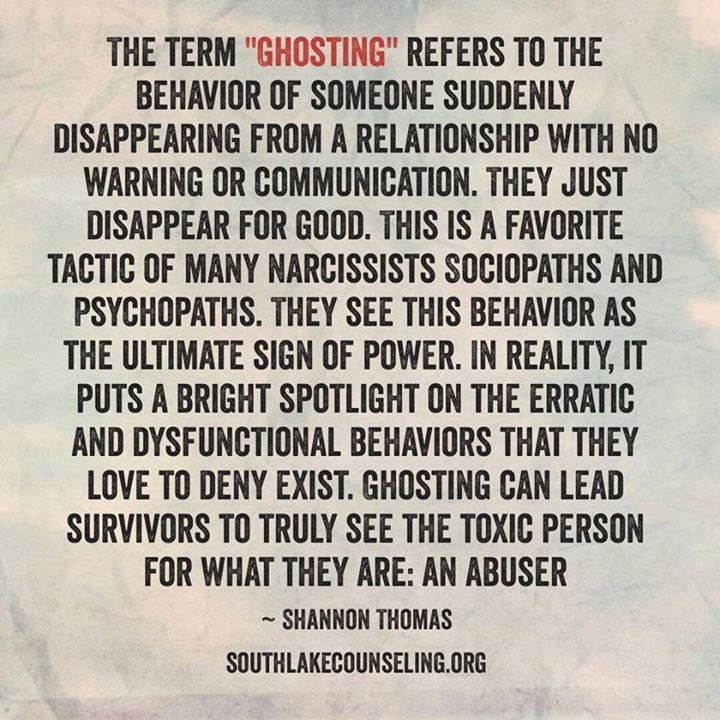 Most of the time, he behaves quite decently, accepting the guidance of some external authority, such as religion or law, or becoming attached at times to some stronger personality, considered as an ideal (we are not talking here about those who use religion or law to guide conscience, but about those who use such doctrines instead of conscience). These people are not guided by the usual considerations of decency and humanity, but simply obey their interpretation of what is written in the “book”.
Most of the time, he behaves quite decently, accepting the guidance of some external authority, such as religion or law, or becoming attached at times to some stronger personality, considered as an ideal (we are not talking here about those who use religion or law to guide conscience, but about those who use such doctrines instead of conscience). These people are not guided by the usual considerations of decency and humanity, but simply obey their interpretation of what is written in the “book”.
Active sociopath. It is devoid of both internal and external delays. He can subdue himself for a while and put on a mask of integrity (especially in the presence of people who expect decent and responsible behavior from him), but as soon as such sociopaths are out of reach of persons authoritative for him who demand good behavior, they immediately cease to restrain themselves.
Sociopathic parents: what should children do? | PSYCHOLOGIES
22,645
People among people For parents Adolescents
Your neighbor, brother, mother or father may be a sociopath. With a perfect manicure, work and the habit of donating at least 10% of each salary to charity. This person can attract others, seem sweet, caring and compassionate, always ready to listen and understand. But he is not like most of us. Often only those who are close to him, such as children, can notice this. But to notice does not mean to understand. Children feel that something is wrong, but do not realize what the problem is.
With a perfect manicure, work and the habit of donating at least 10% of each salary to charity. This person can attract others, seem sweet, caring and compassionate, always ready to listen and understand. But he is not like most of us. Often only those who are close to him, such as children, can notice this. But to notice does not mean to understand. Children feel that something is wrong, but do not realize what the problem is.
The problem can be summed up in one word: conscience. Sociopaths don't feel guilty like normal people. They can commit any terrible act and will not pay for it with internal discomfort.
If the manipulation fails, the sociopath turns to intimidation, and then to revenge
They are also not friends with empathy. The feelings of other people do not matter to them, they are not able to feel other people's experiences. They don’t feel like we do at all: their “operating system” seems to work according to other laws, and these laws, as a rule, are based on the need to control others.
If a sociopath thinks that you are under his control, he may even begin to have a semblance of warm feelings for you. But if it seems to him that you are slipping away, contempt awaits you, which he will not even try to hide. If the manipulation fails, he moves on to intimidation, and if this does not work, he begins to develop a plan for revenge. The lack of conscience allows such a person to use any methods to achieve his goal. Sociopaths do not skimp on rude words, regularly try to turn the situation upside down, twist other people's words and blame everyone for the difficulties that have arisen.
3 signs of sociopathic parents
- Constantly cause emotional pain to loved ones, including children. It often seems like they do it on purpose.
- Having caused pain, they pretend that nothing happened. They expect or require the victim to behave as if everything is in order.
- They distort the events and words of other people in order not to take responsibility.
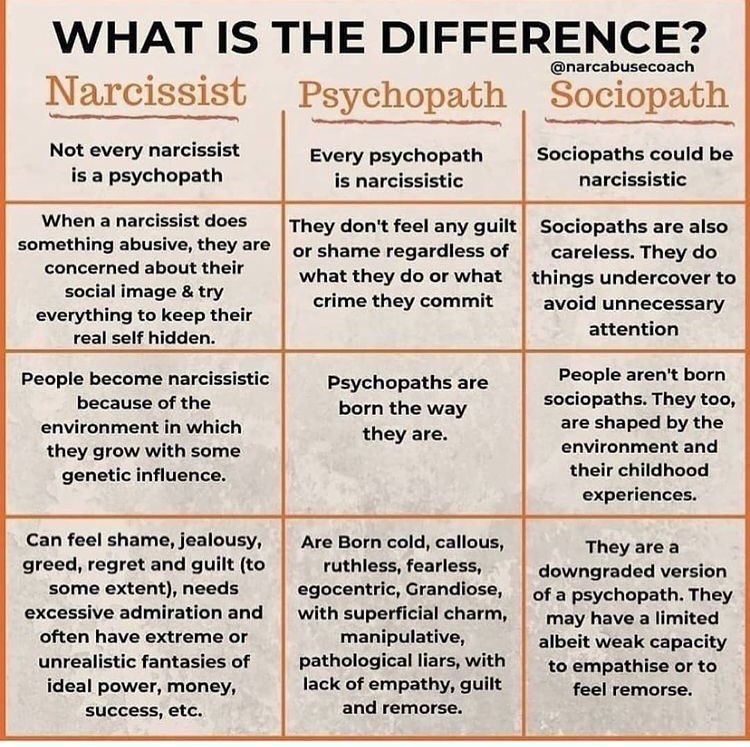 Manipulate others to get things done.
Manipulate others to get things done.
It is very difficult to realize that a father or mother is a sociopath. It's painful and scary. Even narcissistic parents scare us, but sociopaths are another level of nightmare.
Most children try to find an explanation for their parents' behavior and show amazing ingenuity. Adult children of such parents try to convince themselves that everything is not so bad:
- "She just has a neurosis."
- "He didn't really mean it."
- "This is some kind of problem in the brain, at the level of physiology."
- "She just worries about me too much, she doesn't know how to do it any other way."
- "She had a very difficult childhood."
Such self-deception helps the child cope with the situation in the moment, but in the long run, attempts to justify the parent can cause him considerable harm. While the grown child convinces himself that the father or mother acted with the best of intentions, he seems to shift the responsibility for their actions onto himself, drives himself deeper and deeper into an unbalanced state, does not trust his own judgments.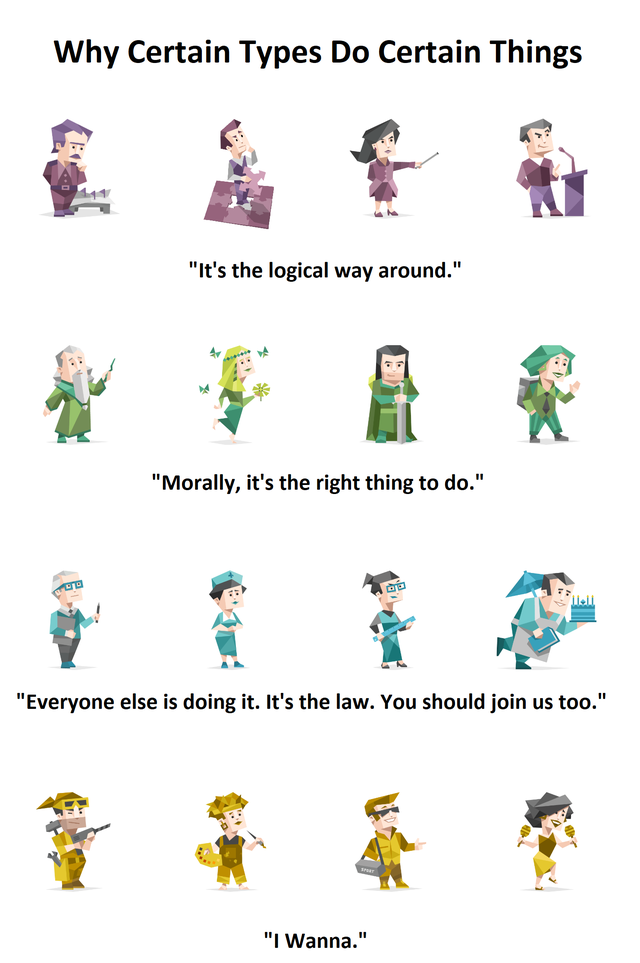 Perhaps he even feels guilty that he cannot understand or please the parent.
Perhaps he even feels guilty that he cannot understand or please the parent.
By refusing to acknowledge this fact, we continue to be in a vulnerable position. A sociopath, no matter how native, will continue to manipulate, lie, and use us for personal gain, whatever it may be.
What to do?
- Accept that one of your loved ones is a sociopath and cannot feel the way you do. His understanding of love is far from yours and generally accepted.
- Understand that he will not act in your best interest. He will use you. It sounds scary and inhuman, but the sooner you understand this, the sooner you can remove him from decisions that are important to you.
- Stop blaming yourself. In a sociopath/child pair, the blame never lies with the child.
However, in most cases the child suffers, considering himself insufficiently understanding or grateful. Accepting the fact that one parent is a sociopath will take that burden off your shoulders.